Coronavirus | Government's new dos and dont's for domestic flight travel
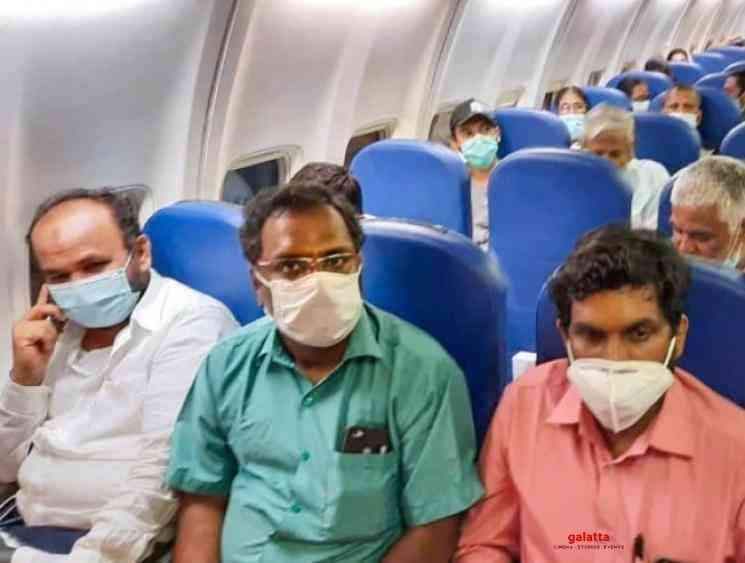
The Ministry of Civil Aviation on Thursday issued new guidelines for domestic flight travel to be followed by passengers regarding check-in and boarding procedures at the airport they're traveling from starting May 25. The government has made it mandatory for travelers to undergo mandatory thermal screening before they enter airport terminals and also use face masks during their entire journey including displaying "green" status on the Aarogya Setu contact-tracing app. Passengers will also need to do a web check-in at their homes and acquire a boarding pass before their arrival at the airport.
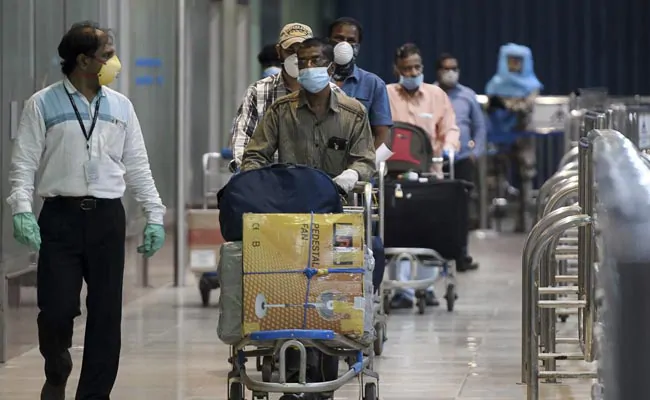
Below are the dos and don'ts to be followed by passengers during check-in, security screening and boarding:
- Passengers must ensure they have done a web check-in and print out a boarding pass at home. Print baggage tags/identification numbers to be attached to the luggage must as well be downloaded. Only one hand bag and one check-in bag will be allowed in this initial phase.
- Only authorized taxis are requested to be used by passengers for their travel to the airport and it must be ensured that they are disinfected properly before they enter inside the vehicle. Passengers must ensure that they arrive at the airport two hours before the reporting time of their flight.
- Protective gear must be worn by passengers at the airport, which includes face masks and gloves, before they exit the taxi. All necessary documents, which also includes boarding pass, baggage tags and the status on the Aarogya Setu app, must be kept in hand ready for inspection by the authorities. Passengers must head to a thermal screening station upon exiting their cab and their body temperature will then be recorded. The passenger status on the Aarogya Setu app will be checked by airport staff and travelers will be directed to the baggage drop counter in case the app is found to be not installed on their phones. Passengers who show coronavirus symptoms or those whose status on Aarogya Setu is shown as "red" will not be permitted inside the airport terminal. Once verification on the ticket details and passenger health is completed, they will be allowed inside the airport and to the baggage drop counter.
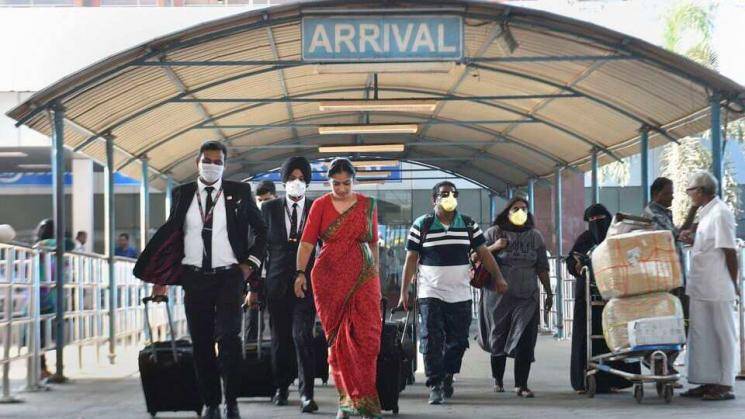
- The PNR details must be displayed to the airport staff via a glass shield to reduce any contact between people. Staff will then print baggage tags, attach them to the luggage that have been sanitized and then permit it for check-in, all upon confirmation. Instead of a printed receipt, an SMS of an electronic receipt will rather be sent.
- The entire check-in procedure and baggage drop must be completed at least 60 minutes before departure. All metal items the passengers wear must be removed while moving for security screening. "Minimum touch" will be practiced by airport security staff to reduce physical contact with passengers.
- Once security screening has been completed, sanitisation protocols must be followed by passengers and minimum distance must be maintained around food and beverage or retail outlets. Biohazardous wastes such as masks, gloves and tissues need to be disposed of in marked bins and bags.
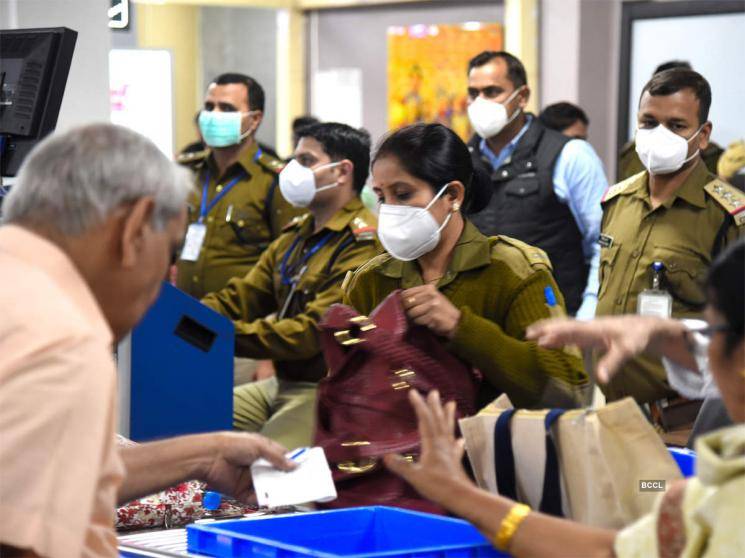
- A safety kit must be collected before boarding the flight, which will include three-layered surgical masks, face shields and sanitisers. Passengers must scan their boarding pass and display their ID to staff during boarding at the flight departure.
- Passengers are also requested not to reach the airport late. If residing in a containment zone, the passenger is advised not to travel. In the event of the passenger having tested positive for COVID-19, he/she should not travel.
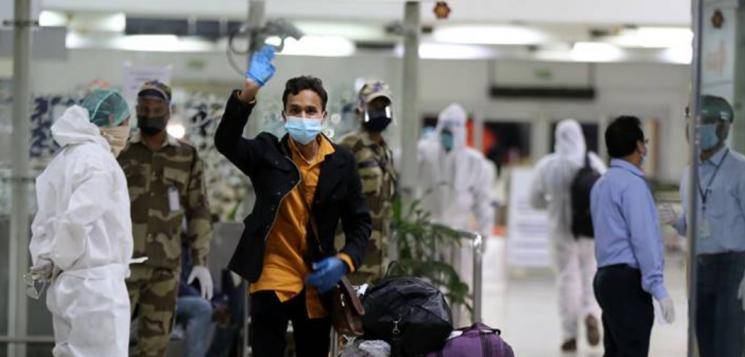
ரசிகர்களுக்கு நன்றி தெரிவித்த ஷாந்தனு ! KOCONAKA கொண்டாட்டம்
21/05/2020 01:09 PM
நடிகர் ராணா டகுபதிக்கு நிச்சயதார்தமா ? மேலும் படிக்க...
21/05/2020 12:47 PM
மாஸ்டர் சென்னைல உங்ககூட தான் பார்க்கபோறேன் - மனம் திறந்த மாளவிகா மோஹனன் !
21/05/2020 12:36 PM
குஷி திரைப்படத்தை வைத்து வெளியான மீம் ! SJ சூர்யாவின் ரியாக்ஷன்
21/05/2020 11:51 AM
Load More
About This Page
People looking for online information on will find this news story useful.























